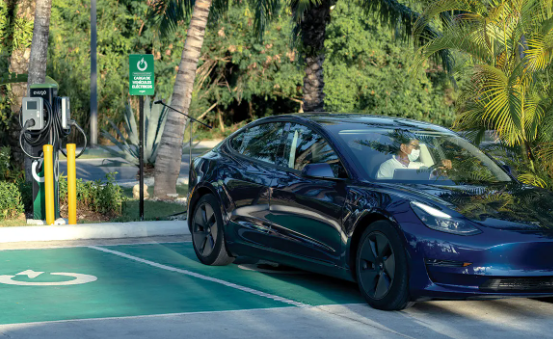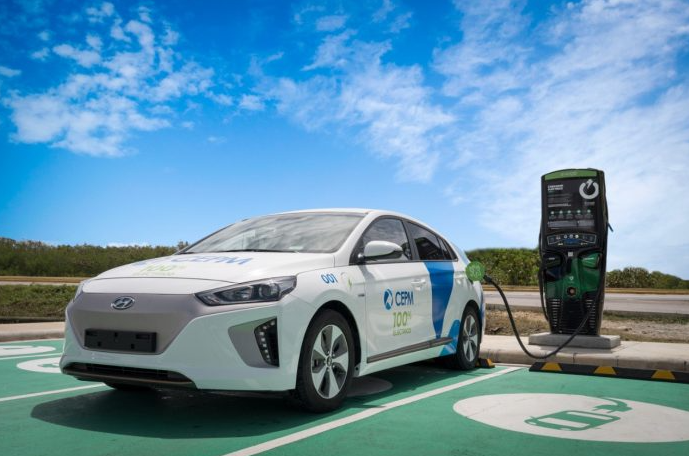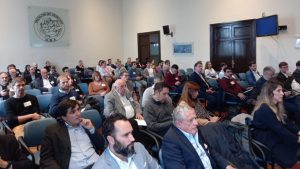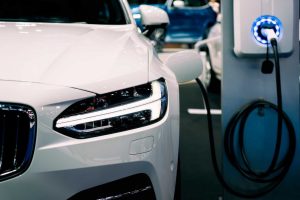The Energy Transition Project, the Triangular Cooperations and the DeveloPPP Project presented the study “Regulations and Technical Considerations for Electromobility in the Dominican Republic, Explanatory Report”.
The publication highlights the most important aspects to understand the transition, pointing out that, in the medium and long term future, electric vehicles will have a considerable impact on the country’s electricity grid.
Despite progress, the report indicates that in the short term the impact will remain low. “It is not yet necessary to require charging stations to provide ancillary services. For now, it is sufficient to consider electromobility as a conventional non-controllable load,” the publication reviews.

Read also: ALD Automotive | LeasePlan Projects Sustainable Mobility Growth in 2024
Aspects to Consider
The study cites three exceptions to keep in mind: phase unbalances must not exceed a set limit; charging stations must provide basic support for grid restoration; and that DC charging stations must be able to provide voltage and frequency control.
According to the data, the addition of electric vehicles to the power grid can lead to overloading of grid assets.
The publication posits that grid impact mitigation strategies depend on the daily load curve, the annual growth in electricity demand, and the electric vehicles considered.
The research refers to the Energy Transition Program (ETP), which is implemented by the Ministry of Energy and Mines, Deutsche Gesellschaft für Internationale Zusammenarbeit (GIZ) GmbH under the Energy Transition Project on behalf of the Federal Ministry of Economics and Climate Protection (International Climate Initiative IKI).
With the current projection of electric vehicle adoption for the Dominican Republic, national electricity consumption can be expected to increase by 3% to 6% by 2030 as a result of electromobility.




